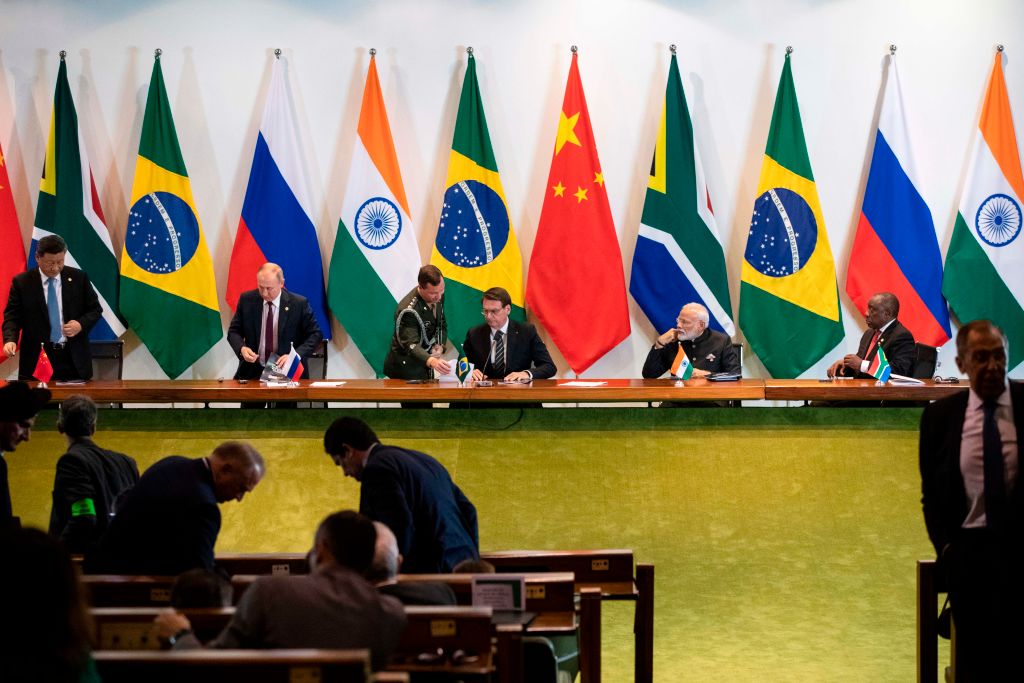- Friday, April 26, 2024

By: Shubham Ghosh
CHINA National Space Administration (CNSA) has revealed more details on cooperation in joint observation and data-sharing of remote-sensing satellites among the members of the BRICS nations – Brazil, Russia, India, China and South Africa – as the 14th BRICS summit kicked off in Beijing on Thursday (23), the host nation’s Global Times reported.
The daily said 2022 saw a successful opening of the first meeting of the joint commission on space cooperation of the member states which is hosted by the CSNA.
It also cited a statement from the CSNA in which the latter said 2022 will be the “year of launch” for the cooperation on remote-sensing satellites data sharing and joint observation. It also said that the current year will be a key construction one for space cooperation among the BRICS countries.
According to the Global Times, BRICS cooperation on remote-sensing includes six satellites and five ground stations.
14th BRICS summit: Why US ‘ally’ India has a major challenge in bloc featuring Russia, China
Among the satellites are Gaofen-6 and Ziyuan-3 02 (China); CBERS-4 (co-developed by Brazil and China); Kanopus-V type (Russia) and Resourcesat-2 and 2A (India). All of them joined the mechanism for joint observation and data sharing. The five ground stations that are supporting the programme are located in Sanya in Hainan Province of China, Cuiabá in southwestern Brazil, Moscow, Hyderabad in India and Hartebeesthoek in South Africa.
Remote-sensing satellite technology, with advantages like high-resolution, full-range and global observation capabilities, has become key measures to cope with global challenges of the 21st century like crops and food crisis, water resource shortage and global climate change, the CNSA said.
Strategically, the cooperation between the BRICS nations in the space sector could improve solidarity among them, better the efficiency of satellite observation, realise sharing of resources and boost bilateral and multilateral ties among the member countries, the Global Times cited observers as saying.
![]()